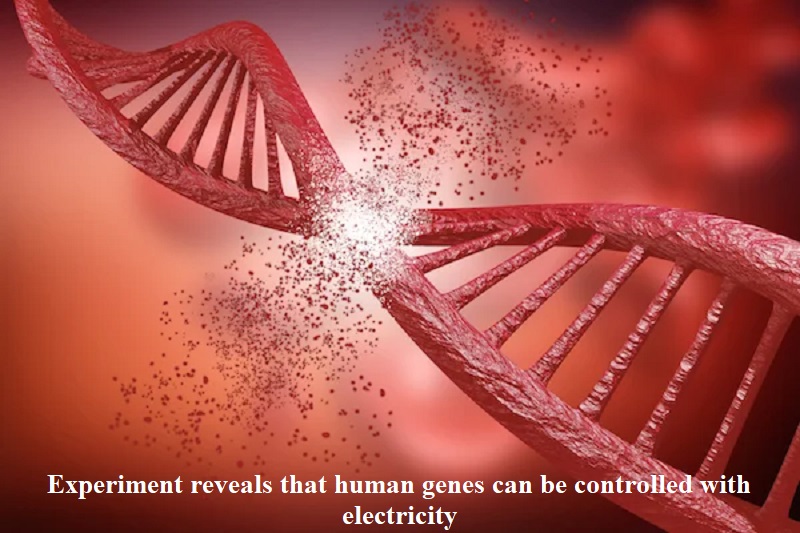
Our lives have been deeply influenced by technology, with a wide range of wearable gadgets available in the market that can measure various health parameters, such as steps taken, heart rate, and blood pressure. While this data is useful for monitoring our health, current wearables are not advanced enough to actively impact our metabolism or manage certain illnesses. However, an experiment conducted at ETH Zurich has shown a promising new possibility – harnessing electricity to influence our DNA.
The researchers published their findings in the journal Nature Metabolism, highlighting the expanding role of wearable electronic devices in collecting individuals’ health data for personalized medical interventions. Nevertheless, the lack of a direct electrogenetic interface has limited wearables’ ability to directly program gene-based therapies. The researchers believe they have now provided the missing link with their technology called DART (DC-Actuated Regulation Technology), which combines digital tech from gadgets with analog tech from our bodies.
In a specific study example, human pancreatic cells were implanted into mice with type 1 diabetes, and direct current was applied to these cells through acupuncture needles. The electricity generated non-toxic levels of reactive oxygen species, which, when managed appropriately, triggered a process leading to the activation of cells engineered to respond to changes in chemistry. Essentially, this process altered how DNA inside the cells is regulated, manipulating their epigenetic ‘on/off switch’, potentially aiding various conditions influenced by genetics.
The potential applications of this technology are vast. For instance, it could be used to boost insulin production in individuals with diabetes, offering them significant help in managing their condition.
While this research is an exciting step forward, it might be premature to expect Fitbit-like bands to transform us at the genetic level just yet. However, the experiment has undoubtedly opened up the possibility of a future where wearable technology could have a profound impact on our DNA and offer innovative solutions for managing various health conditions. The combination of digital technology with biology is an exciting avenue that holds great promise for the future of personalized medicine and healthcare.

Post Your Comments